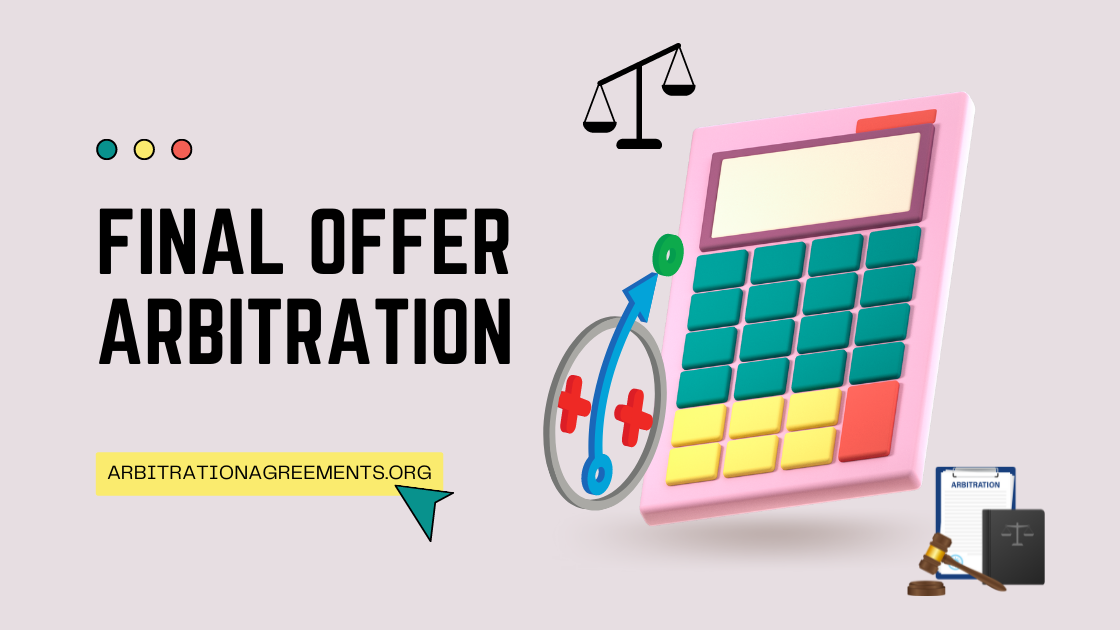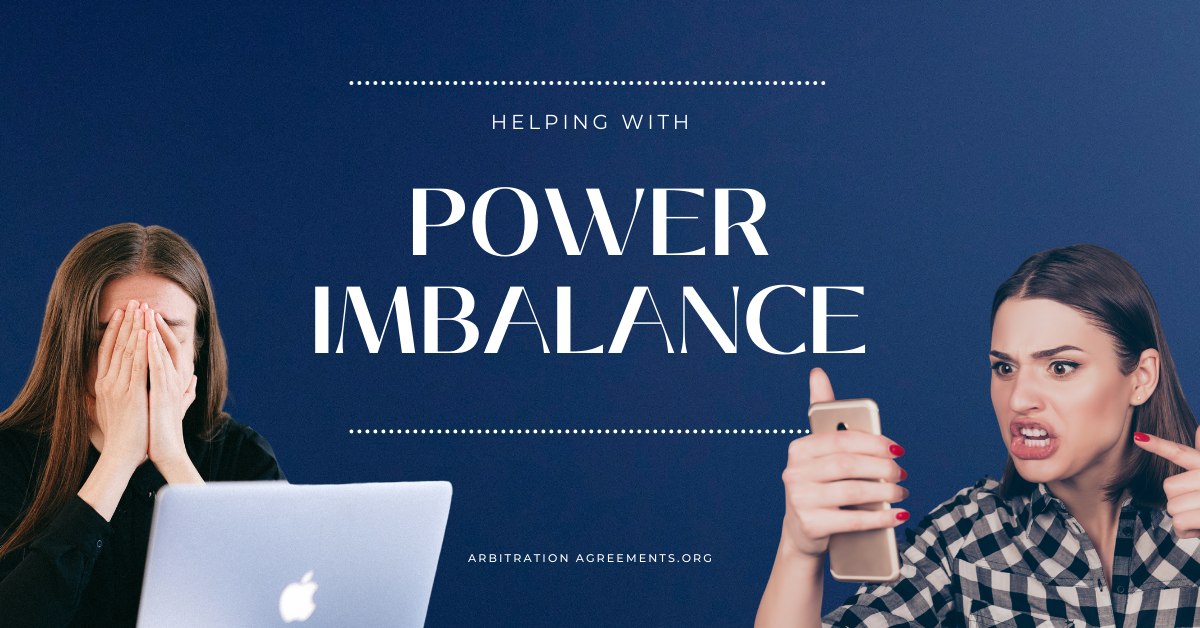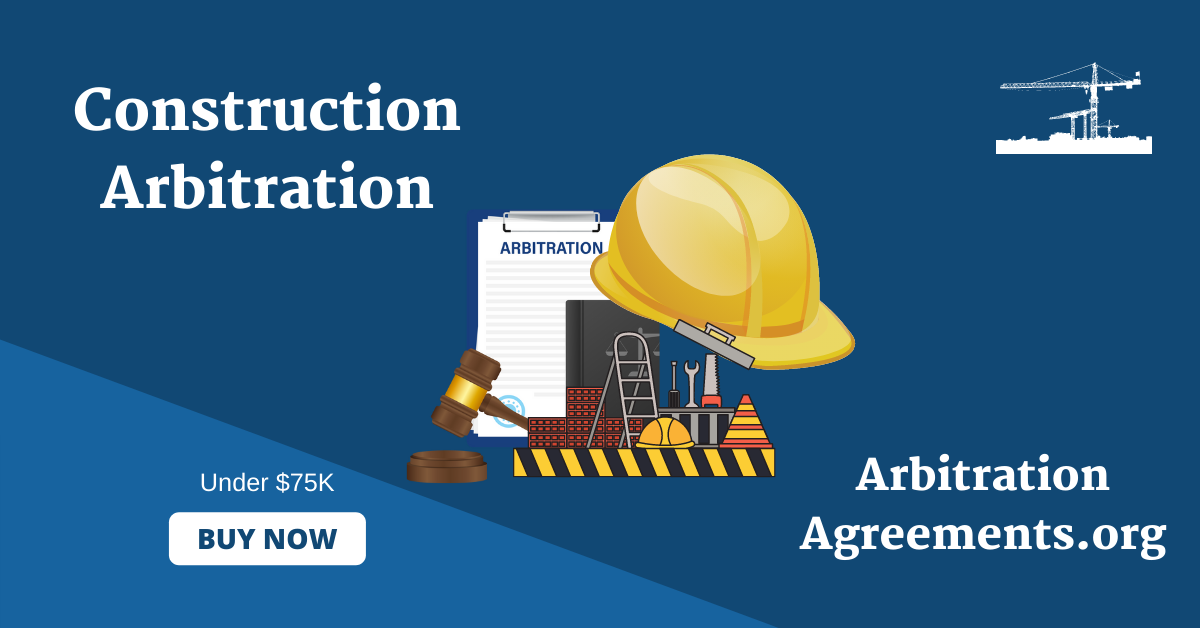The Basics of Final Offer Arbitration
Final offer arbitration (FOA) is a unique form of ADR: alternative dispute resolution. Arbitration is the most popular type of ADR. FOA functions as a subset of arbitration. It’s a dispute settlement procedure. The arbitrator must choose one side’s final position and reject the other side’s position.
The chosen side’s position then converts into the resolution, or, arbitration award.
Our organization helps people and companies across the US take part in FOA. If you’d like to learn more about our services, please call us at any time. Let’s continue by going over the basics of final offer arbitration. Visit Mediation and Arbitration.
What Is Final Offer Arbitration (FOA)?
During the last forty years, a new type of arbitration emerged across the United States. Many refer to it as “final offer” or “FOA” arbitration. Some even call it “last-best offer” arbitration. It’s a dispute resolution procedure that makes an arbitrator’s role simple. He or she has to select a final offer that one of the parties presents.
So, what’s the key purpose of FOA?
It’s designed to incentivize parties to negotiate in good faith. This way, they can try to compromise and create a reasonable final offer. Final offer arbitration’s based on a unique legal theory. The theory suggests that FOA promotes good faith bargaining. And that the risk of losing will create a fair settlement for both parties. Read about Mandatory Arbitration . Some public and private sector disputing parties in the US have adopted FOA. Why? They believe it gives them the best chance of resolving contract-based disagreements.
Final offer arbitration became somewhat popular when the MLB started using it.
That took place in the 1970s. (MLB refers to Major League Baseball.) The MLB adopted salary arbitration (FOA) as a way to determine salaries for players. Even some states use FOA to resolve disputes with public employee unions. FOA was also in the national spotlight in 1994. That was when Apple used FOA to settle a $114 million tax disagreement. Must visit Pre Dispute Arbitration Clause .
Is FOA a Popular Form of Arbitration?
Many parties that use final offer arbitration claim that it’s an effective process. But few parties outside of baseball and public sector collective bargaining use it. In fact, almost all international arbitration organizations and parties ignore it. It’s time that more people realize the value that final offer arbitration has.
It’s a unique dispute resolution procedure that focuses on finding a settlement.
Plus, it preserves relationships while saving parties time and money. These are reasons why FOA could benefit many parties in a dispute. Check out Interest Arbitration Services .
The Background of Final Offer Arbitration
People refer to FOA as many terms other than “final offer arbitration.” It sometimes gets referred to as "baseball arbitration” or “pendulum arbitration.” This model of arbitration originated in the US around the late 1940s. But it never caught the attention of the public until the 1970s. That was when Major League Baseball (MLB) started using FOA.
Which is why many people still refer to FOA as baseball arbitration.
FOA is very different from conventional arbitration. That's because parties have incentives to discover a mutual agreement. Or, a mutual settlement. That settlement alludes to the arbitration award. An arbitrator or arbitration panel/tribunal must provide the award to a party. As of now, FOA-style arbitration is unknown by many disputing parties. But it could see a rise in popularity in the future thanks to its advantages.
Read about Arbitration Agreement Meaning.
Must visit Sample Arbitration Clauses.
Check out Arbitration vs Mediation vs Litigation .

The Unique Process of FOA Proceedings
Through FOA, a tribunal must provide an award to one of the parties. But the award must encompass the entire final proposal that a party has. This brings up one key difference between final offer arbitration and standard arbitration. In standard arbitration, an arbitrator can bridge the gap when it comes to proposals. That’s not the case with final offer arbitration.
An arbitrator or tribunal has to go all-or-nothing on one of the parties’ proposals.
Of course, this makes parties fear losing the case. And that’s one reason why FOA isn’t that popular when it comes to private disputes. The lack of compromise in FOA can scare many parties away. But there’s also an advantage here. Through final offer arbitration, parties have no choice but make realistic proposals. Otherwise, they risk having the entire propels tossed aside by a tribunal. In FOA, an arbitrator seeks the more reasonable competing offer.
The process of final offer arbitration is very straightforward.
It begins with a written pleading by each disputing party. Then, the first arbitration hearing takes place. That’s where key points get singled out and evidence gets presented. Later on, each party submits a proposal of the final award. That’s when the arbitration tribunal must make a decision. The tribunal has to crafts the final award based on each party’s proposed award. Every final award has legal binding status and cannot get appealed in any US court. .
Visit Arbitration Provision .
What is Binding Arbitration Agreement .
How To Use Arbitrate in a Sentence
The Two Types of Final Offer Arbitration
There are two different types of final offer arbitration. Disputing parties can decide which form of FOA to use. The first variation gets referred to as “package FOA.” That’s when parties create a proposal or offer that addresses the entire dispute at once. Then there's “issue-by-issue FOA.” That’s when both parties create a final offer for each separate issue within the legal dispute. Next, the tribunal can create a custom award. The arbitrators will side with one party on some issues and the opposing party on others. This way, two drafted proposed awards convert into the final, biding award. Issue-by-issue FOA is not that different from the standard arbitration process .
What Advantages Does Final Offer Arbitration Have Over Standard Binding Arbitration?
Through standard arbitration, there's often a wide gap between the parties’ final proposals. That’s not the case with FOA. Why? Because the arbitrator has to pick either one final offer or the other. This incentivizes the parties to bring their proposals close together. This way, neither disputing party will suffer a great loss, should they lose. Check out Arbitration Definition Economics.
What Is Final & Binding Arbitration?
“Final and binding arbitration ” only refers to the standard arbitration process. Arbitration is a form of ADR: alternative dispute resolution. Through arbitration, both parties present evidence before a tribunal of arbitrators. The arbitrators then provide an award to one of the parties. An arbitration award is “final and binding.” This means that no award can get appealed in any US court. Using Binding Clauses in Arbitration.
Does Arbitration Produce a Final Decision?
Yes, there is always a final decision or award once arbitration hearings conclude. The decision or awards gets put in place by a tribunal of arbitrators. They provide a decision after reviewing evidence and listening to arguments. Arbitration almost always has legal binding status. This means that an arbitration decision’s fail. Each decision (or award) gets enforced by US courts. Very narrow grounds exist to appeal the final arbitration decision or award. Also, visit Forced Arbitration.
What Is Final Offer Selection?
Final offer selection functions as an innovative and unique arbitration approach. It refers to the exact same legal principles as final offer arbitration. An arbitrator has to choose between the parties’ best and final offers (BAFOs). Unlike standard arbitration, an arbitrator cannot ‘split the difference’ between them. It’s either one final offer or the other. Then, the arbitrator drafts a settlement based on an offer provided by one of the parties. Must visit Federal Arbitration Act.
More About FOA
There are quite a few advantages involving final offer arbitration. Many parties enjoy how streamlined a process FOA is. The chance of losing out to the other party drives parties to draft reasonable proposals. This way, most FOA proposals meet in the middle instead of becoming polarized. Like FOA incentivizes parties to compromise, it also does so with the parties’ lawyers. This way, serious negotiations take place in hearings. After all, fruitful negotiations are a secret weapon when it comes to arbitration. Oftentimes, disputing parties in standard arbitration refuse to compromise. Instead, they rely on the arbitrator or tribunal to find common ground. FOA prevents this common legal situation from taking place. Check out Arbitration vs Litigation
FOA can somewhat force all parties to operate in a reasonable manner.
The process can prevent extreme arguments from taking place. The more grounded a party is, the better chance it has of receiving the desired outcome. This refers to the arbitration decision and award. Say that a party goes to extremes with proposals during FOA hearings. It’s almost guaranteed that the tribunal will make that party “lose.” That’s why arbitrating parties have to focus on appearing rational. They must consider the other party’s perspective at all times. Many times, doing so will prevent long-term business relationships from dissolving. Must visit Insurance Arbitration Process.
Contact Us for More Arbitration Information
Do you want to learn more about FOA or any other arbitration topic? If so, our arbitration experts are one phone call away at all times. We encourage you to call us with any questions that you have. You're also welcome to email us or send a message here on this website. Our ADR professionals can do more than answer simple arbitration questions. They have the tools and resources to help you find solutions for any dispute. We can do it all. From helping you find an arbitrator in your area to drafting a proposal on your behalf. No matter your arbitration-related problem, we’ll help you find the best solution. Our experts look forward to helping you succeed throughout the arbitration process. Guide to Arbitration Law.









